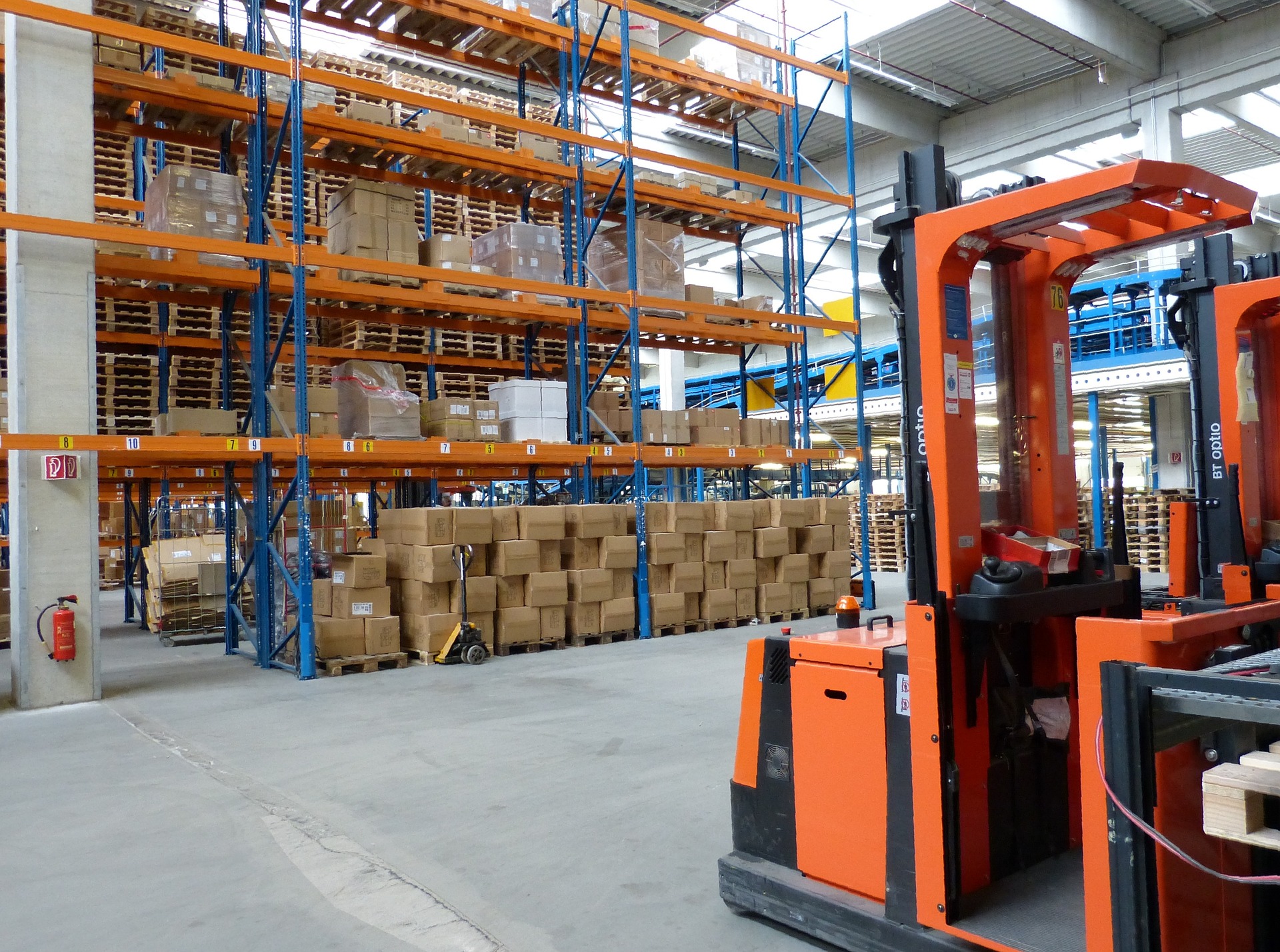Complete guide to starting in entry-level warehouse jobs
Embarking on a career in warehouse operations can be an exciting and rewarding journey. Entry-level warehouse jobs offer a solid foundation for those looking to enter the logistics and supply chain industry. This comprehensive guide will walk you through the essential aspects of starting your career in a warehouse environment, from required skills to career progression and workplace safety.
What essential skills are needed for entry-level warehouse positions?
To succeed in an entry-level warehouse position, several key skills are crucial. First and foremost, physical stamina and strength are important, as the job often involves lifting, carrying, and moving items throughout the day. Attention to detail is equally vital to ensure accurate inventory management and order fulfillment. Additionally, basic math skills are necessary for counting, measuring, and recording inventory.
Communication skills play a significant role in warehouse operations. You’ll need to effectively interact with coworkers, supervisors, and sometimes customers. Time management and organizational abilities are also essential, as warehouses operate on tight schedules and efficiency is paramount. Familiarity with basic computer systems is increasingly important, as many warehouses use digital inventory management tools.
How does a typical career progression look in warehouse environments?
Career progression in warehouse environments can be quite promising for those willing to put in the effort and demonstrate their capabilities. Many individuals start as warehouse associates or general laborers, responsible for tasks such as receiving, sorting, and packing goods. With experience and proven skills, one can advance to specialized roles like forklift operator, inventory clerk, or quality control inspector.
As you gain more experience and potentially pursue additional training or certifications, opportunities for supervisory roles may arise. These could include shift supervisor, team leader, or department manager positions. For those with a combination of experience and education, higher-level roles such as warehouse manager, logistics coordinator, or supply chain analyst become attainable. Some professionals even progress to executive positions like operations director or vice president of logistics in larger organizations.
What workplace safety practices should every new employee know?
Safety is paramount in warehouse environments due to the presence of heavy machinery, moving vehicles, and potential hazards. New employees should familiarize themselves with the company’s safety policies and procedures, including emergency protocols and evacuation plans. Proper use of personal protective equipment (PPE) such as safety shoes, hard hats, and high-visibility vests is crucial.
Understanding proper lifting techniques is essential to prevent injuries. Always bend at the knees, keep the back straight, and avoid twisting while carrying heavy items. Awareness of surroundings is critical, especially in areas with forklift traffic or at loading docks. Reporting any unsafe conditions or potential hazards to supervisors is not just encouraged but often required. Regular participation in safety training sessions and drills helps reinforce these practices and keeps safety at the forefront of daily operations.
What are the basics of warehouse technology and equipment?
Modern warehouses rely heavily on technology and specialized equipment to optimize operations. Familiarizing yourself with these tools can significantly enhance your job performance and career prospects. Warehouse Management Systems (WMS) are software platforms used to track inventory, manage orders, and coordinate shipments. Many warehouses use handheld scanners or mobile devices for real-time inventory updates and order picking.
Forklifts are ubiquitous in warehouse settings, used for moving pallets and heavy items. Other common equipment includes pallet jacks, conveyor belts, and automated storage and retrieval systems (AS/RS). Radio-frequency identification (RFID) technology is increasingly used for inventory tracking, while voice-picking systems allow workers to receive instructions through headsets, improving efficiency and accuracy.
What are common interview questions for warehouse job applicants?
When applying for warehouse positions, be prepared to answer questions that assess your suitability for the role. Common interview questions often focus on your physical capabilities, such as “Are you comfortable lifting up to 50 pounds regularly?” or “Can you stand for long periods?” Employers may also inquire about your availability for different shifts, as many warehouses operate around the clock.
Questions about your experience with specific equipment or technology are typical, such as “Have you operated a forklift before?” or “Are you familiar with inventory management software?” Be ready to discuss your organizational skills and ability to work in a fast-paced environment. Situational questions like “How would you handle a discrepancy in inventory counts?” or “What would you do if you noticed a safety hazard?” are common to assess your problem-solving abilities and safety awareness.
How can you prepare for a successful start in a warehouse career?
To set yourself up for success in a warehouse career, consider obtaining relevant certifications before applying. OSHA safety certifications or forklift operator licenses can make you a more attractive candidate. Familiarize yourself with common warehouse terminology and basic supply chain concepts to demonstrate your interest and commitment to the field.
Physical preparation is also important. Engage in exercises that improve your strength and stamina, as warehouse work can be physically demanding. Develop a reliable transportation plan to ensure punctuality, as warehouses often have strict schedules. Lastly, cultivate a positive attitude and willingness to learn, as these qualities are highly valued in warehouse environments where teamwork and adaptability are essential for success.
Starting a career in warehouse operations offers numerous opportunities for growth and development. By focusing on essential skills, understanding career progression, prioritizing safety, familiarizing yourself with technology, and preparing for interviews, you’ll be well-equipped to begin your journey in this dynamic field. Remember that success in warehouse work often comes from a combination of physical capability, technological aptitude, and a strong work ethic.





